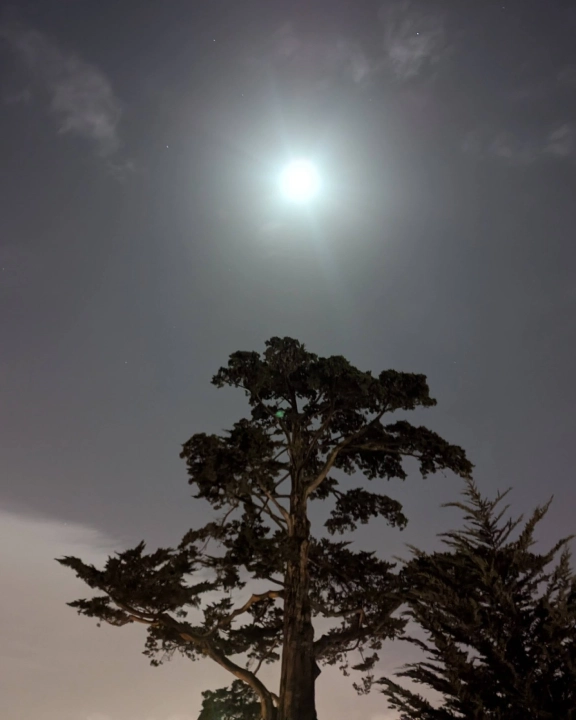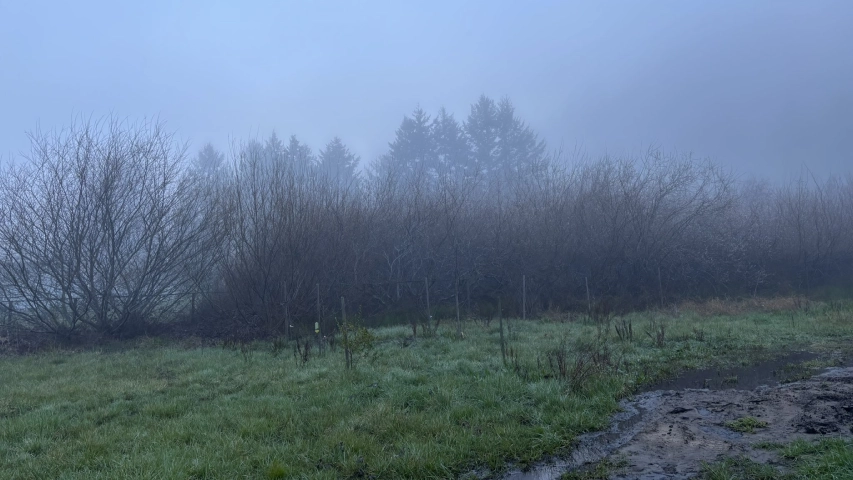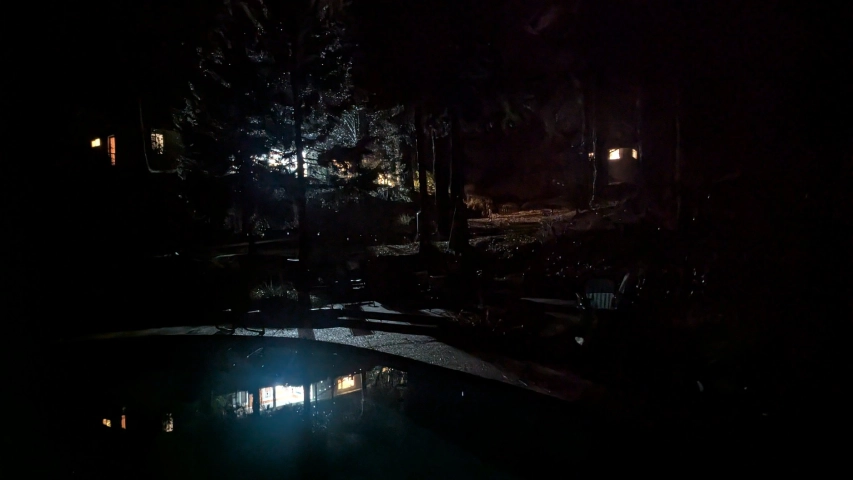7 Songs: Mar 2025
Tears in Heaven—Eric Clapton
I can never quite predict the lessons I’ll come away from grief with. What seems true over time is that those lessons become easier to learn and that I grow in my ability to accept and process them more readily (even if some fighting and difficulty are involved). For the last few months, loss is something that has been more salient than I’d ideally like it to be, but I’m emerging from it as a stronger person with a more reassured and independent sense of self. I’m grateful for the transformation brought about by having known someone who is now gone; someone that has always been there for as long as I can remember and will now continue to be there, albeit in a different way.
Tears in Heaven is a tune with grief at its core: Clapton’s tragic memorial of his son gone too soon after tumbling through a window at the tender age of four. The forlorn longing in his voice is palpable when he pleadingly asks if his deceased boy would know his name should they meet in heaven. I’m not sure things like that matter to me now—I have known and will remember her name in this life and I am better for it.
Self/Less—Alecia Creti
I featured a track from Gallant in last month’s 7 Songs and mentioned I’d had a chance to watch him perform live for the first time in a while at the Independent in San Francisco. Alecia Creti opened for him at that show and it was wonderful to get acquainted with her music alongside her detailed narratives about each number on her setlist. Her vocal performance was astounding and her simultaneous piano accompaniment intimate and moving.
Despite occasionally surfacing twinges of emotional immaturity, her interstitial monologues painted an authentic and endearing portrait of a young artist in the midst of experiencing their dreams come to fruition and developing a stronger sense of self that manifests powerfully in their craft. Self/Less is a track about having the courage and strength to put oneself first when doing so seems to run counter to duty to others (namely family). That theme resonated with me powerfully as I stood in the audience while Alecia belted the words.
magnetic—UMI
I remember a lot about the first time I heard Forest in the City years ago. It was a very fitting record to sulk to as I left the place I call home in a sense more final than ever before—my love for someone receding; unmaintanable in the face of timing, circumstance, and the different ways life tends to work out for different people. magnetic potently highlights that contrast between yearning and realism: love, however broad and deep, isn’t always sufficient to ensure its own preservation.
While once a deeply sad listen, the shape of melancholy it brings forth is different now. It’s about having had the privilege to love, gaining the wisdom to know that sharing a life with someone is about more than feelings, and growing enough to let go of being drawn to someone when that needs to happen to make room for more life.
On a Mountain Under Full Moon—Wicca Phase Springs Eternal feat. Fantasy Camp
Adam McIlwee sings like a boy with a sometimes magical and other times painful, yet always rich inner world who’s frequently catching himself in the middle of urban or rural nowhere, wistfully appreciating the mysteries of the universe… and I get that. The importance of regarding the moon—full or otherwise—should not be discounted, whether on a mountain or on the range. The outro’s acoustic guitar harmonics with time-stretched reverse delay are a great example of doing a lot with a little. Gestures like that inspire novel approaches to my own arrangements.
More on letting go as a lyrical theme in this one, much of it from the Fantasy Camp feature:
It’s the mystery I’m after
It’s the magic I believe in
On a mountain under full moon
I can say goodnight and mean it
But if you ever really loved me
You would say goodnight and set me free
So don’t you worry ‘bout me
I kinda like this feeling
I’m the master of my own world
Riding into the evening



Heaven Will Come—Tim Hecker
Tim Hecker’s sonic landscaping feels inextricably focused on evoking the divine, giving equal attention to both its heavenly and haunting auras. If there ever were an assurance that heaven will come, it can be found in reverberating organ progressions textured and modulated with the signatures of careful Max patchwork.
It’s another great soundtrack for momentary nowheres—time between events, space between places that become holy sites unto themselves in newfound ways. Appreciating ambient music conditions an appreciation of being with spaciousness. In Hecker’s work, that spaciousness is a divine void that shifts between light and dark, warm and cool, this world and another. Perhaps here, it can be a shift between the darker sides of grief and the room for something newer and brighter that lies beyond.
A Greater Love—Yves Tumor
A Greater Love is the moody and ethereal conclusion to 2020’s Heaven To A Tortured Mind. It’s a song about change: the change in the seasons, the weather, and the emotions and connections that shift as time has its way with all of us. The power of loss to change us for the better—to beneficially reshape our relationships with others and with ourselves—is an under-acknowledged silver lining of grief.
道 (Michi)—Hikaru Utada
Human beings, narratively obsessed as we are, tend to hope that the culmination of grieving heralds a return to normalcy and perhaps even greener pastures beyond: a road to thriving in greater wholeness. Utada’s 道 (Michi)—road in English—draws the contours of that road. It’s the opening track on 2016’s Fantôme: a return from a lengthy hiatus, and a record that Utada takes particular pride in: “[Fantôme] marked the beginning of a new chapter of my life as an artist and as a human being.”
The track and the album as a whole surfaced meditations on loss and grief in the wake of the artist’s mother’s tragic suicide. The chorus offers an enduring reminder that we can be lonely, yet not alone; that life can be grieved but also celebrated and that it can give birth to new life, much like Utada’s career beginnings were inspired by her mother’s musicianship.
It is in 2024’s Science Fiction compilation album that Michi finds new life of its own, still an upbeat and danceable standout even amidst collaborations with A.G. Cook and Floating Points. It was seemingly a happier time for Utada, marking the 25th anniversary of her debut while she raises a child of her own (also featured on the album). I think that’s how I’d like to end this month’s list: with an upbeat and hopeful reflection on what’s possible after grief subsides.
If you’ve read this far (thanks), you probably like music quite a lot.
Message me on X (Twitter) if you’d like to get some 🏓 Playlist Ping Pong going or chat about music.